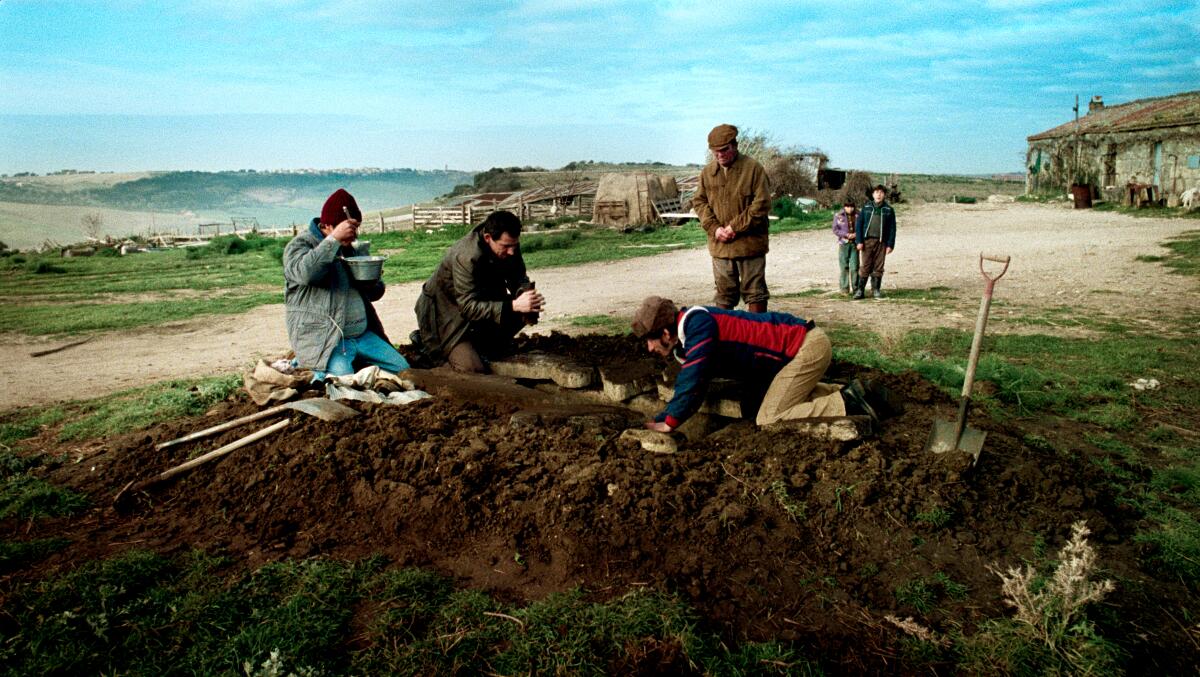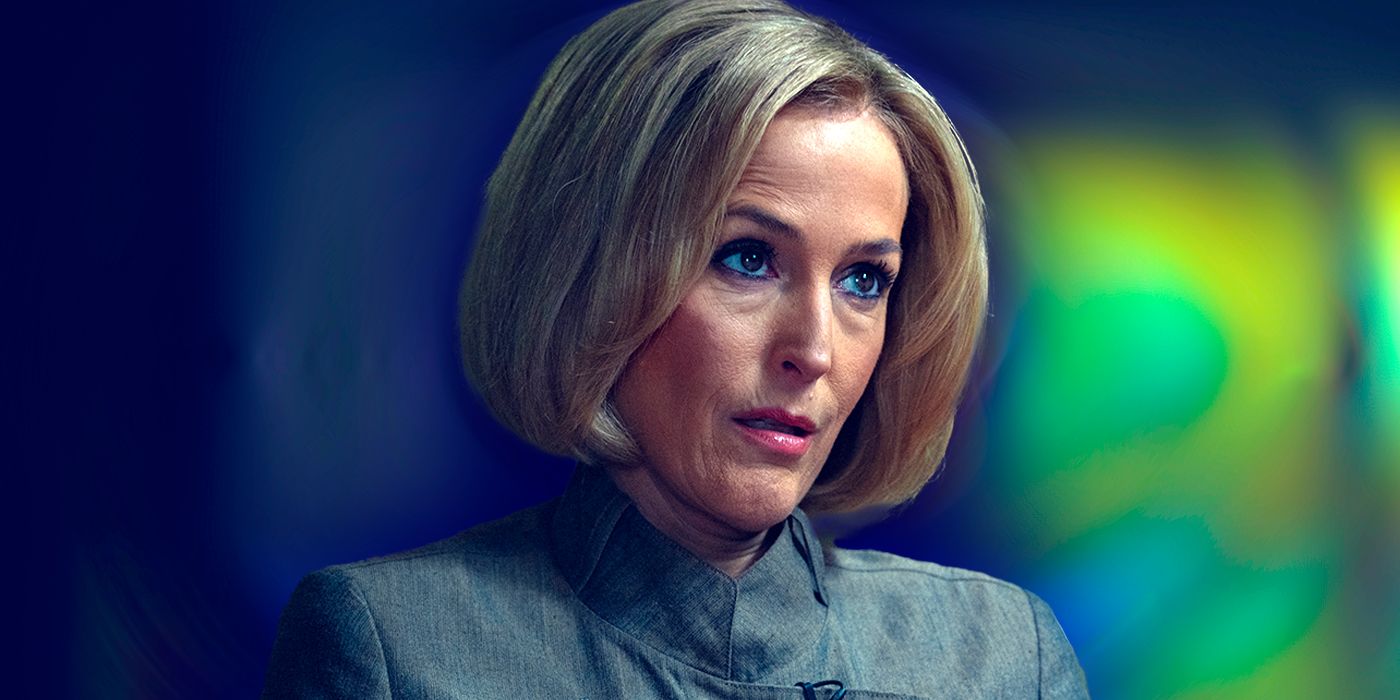I first saw this film when it was broadcast uncensored from a Washington State independent TV station that catered to British Columbians — KVOS TV 12 out of Bellingham. I was just a kid, watching late at night on the weekends when they ran the uncensored content, waiting for the cursing, nudity, violence, and as a 12 or 13-year-old, that was one helluva thing.
Based on a Ken Kesey book and set in 1971, this is a tale of logging in the Pacific Northwest. Directed by Paul Newman and starring Newman, Henry Fonda, and Richard Jaekel, it oozes blue-collar conservative working life. In fact, you will probably notice similarities to the Deer Hunter in that regard. The Deer Hunter had its steel mill. This film has logging. Then, the long-haired liberal son returns home from college and at first upsets the apple cart, but then joins in the war against a conglomerate and unions which are threatening the Stamper family's independent logging business.
This film is extremely well cast. It's about men who work hard, play hard and drink hard, and who put up with no shit when their livelihood is threatened due to labour disputes. Richard Jaeckel was nominated for an Academy Award for best suporting actor, and he deserved the nomination, but in my opinion it's Henry Fonda who steals the show. He is outstanding as the never-compromising family patriarch.
The logging scenes are not unnecessary or boring. They serve as background on the fascinating characters that we've already been introduced to. Those scenes enrich our understanding of the Stamper family.
There is an absolutely harrowing scene where one of the Stamper family members is trapped under a log in the tidal river and of his brother's efforts to free him as the tide rises.
I'm not sure if I've ever seen this before, but this movie has a 100% critics' rating on Rotten Tomatoes, and it remains one of my favourite movies of the 1970s. Is it up there with Taxi Driver, The Deer Hunter, Apocalypse Now, the Godfather or the French Connection? Not quite, but it's pretty close.
This film represents an excellent snapshot of working-class life in the early 1970s in the Pacific Northwest. Having grown up in the Pacific Northwest myself, there is not one moment in this film where I think to myself, "Yeah, that's bullshit. That never happened."
The ending of this film may be the greatest "f*** you" moment in cinema history.
Because this movie may be difficult to find, send me a PM and I'll see if I can help you out with that.








